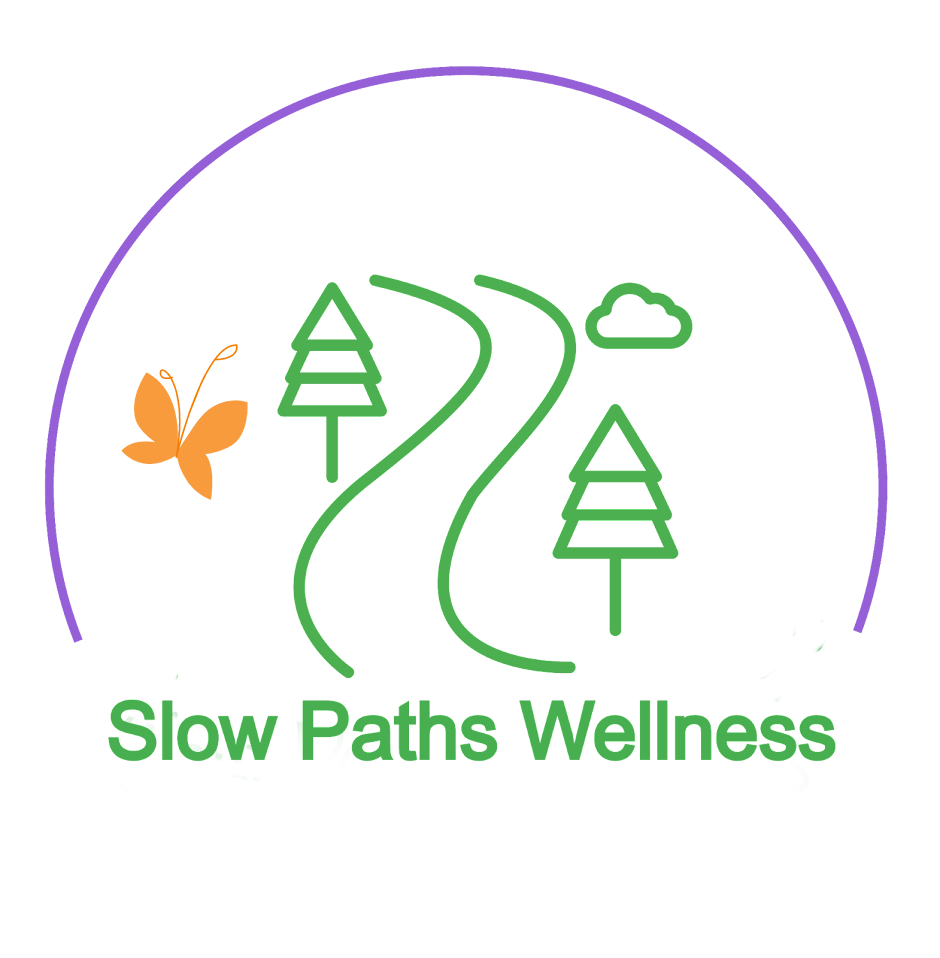One of my favorite new books is
Blink: The Power of Thinking Without Thinking (affiliate link). It describes the many ways that our brains process information unconsciously, and how we make decisions based on those processes. One of the sources of this subconscious information is the arsenal of microexpressions we translate from other's faces. In the book, Malcolm Gladwell highlights the work of Paul Eckman and Wallace Friesen, two researchers who have mapped out The Facial Action Coding System, a system to codify microexpressions by describing the muscle movements that accompany each emotional expression. To create these "maps," they practiced making the faces for joy, exhilaration anger, sadness, etc., in front of mirrors and in front of each other. To their surprise, they found their emotional state was affected by what faces they spent the day making. On days they worked on anger or other less pleasant emotions, they felt angry, depressed, or other unpleasant feelings. On happier expression days, they felt uplifted.
So what's our takeaway? Even if you feel rotten, smile. Laugh, even if nothing is particularly funny (but don't laugh maniacally in front of others--no sense taking an unnecessary trip to the psychiatric hospital!). Your body responds to the physical movements of emotion much as it responds to the conscious emotion itself. Happiness has definite positive chemical effects on the body--why not take advantage of them?
I'm not advising avoiding unpleasant emotion at all costs. You need to process anger, grief, and hurt. Pretending not to feel these major emotions will cause them to build up in you and you'll find yourself irritable or depressed.
The emotion will come out somehow. But everyone has days that are just "blah." When you are bored, or cranky, or tired. On those days, making the conscious decision to smile anyway will make a rough day more pleasant, for you and those around you.
Do you have any tricks to improve your mood on glum days? Please share in the comments!

